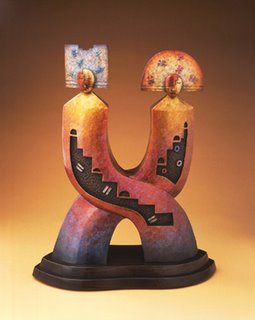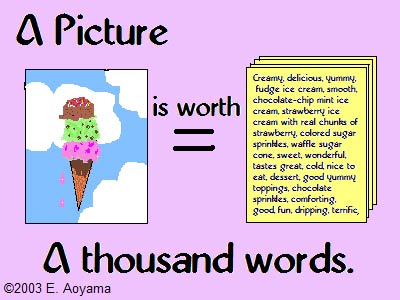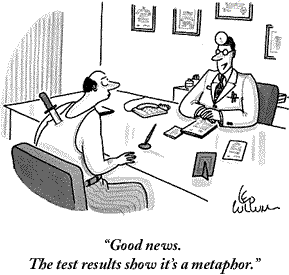
Why can poetry convey much more emotional content than prose? Why can a piece of music inspire the listener to tears? Why is a picture worth a thousand words?

I am a musician, and music plays constantly inside my head. I don’t usually hear the lyrics, but rather sonic images, echoes or ghosts of music I’ve heard in the past, and sometimes music I’ve never heard before. Who hasn’t seen a stunning sunset and attempted vainly to capture it in words? How could you describe the color red to a blind person?

This discussion brings up the larger question: What is reality, anyway? I discovered long ago that reality exists only in the mind of the perceiver.

I stumbled on this truth some years ago after being stymied in my attempt to understand why most people can’t hear what I hear in music. We each have a unique, individual reality that is ours and ours alone.

When we try to communicate to others, we must utilize the common denominator of language.

And like any common denominator, language squashes out the uniquely individual elements of perception in order to achieve a translatable symbolic representation of what is at its heart non-translatable.

And so language is metaphor. It is symbol. Language is not reality. Reality is something inside my head, and inside yours.

2 comments:
And how does poetry fit into all that you have written here?
Here is my answer. Poetry (good poetry) is the poet's reality condensed to the very essence. Because the communication is so pure and potent, many can understand instinctively the meaning therein.
Probably the same thing could be said about the best of all the arts.
Good point, Genevieve!
Poetry actively engages the reader's imagination in a way that prose cannot. Similarly, the movie often isn't as entertaining as the book, because the pictures are better when the reader creates them in her/his own mind.
So often less is more. Therefore, the key to perception is involvement. Is that too trite?
Post a Comment